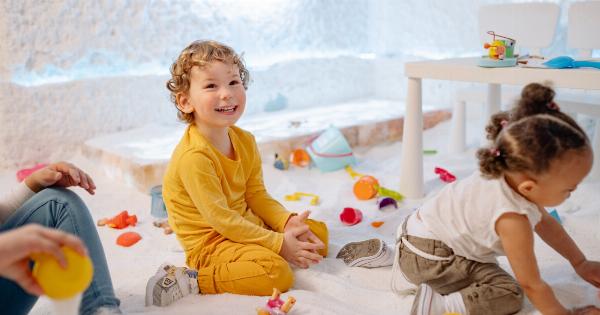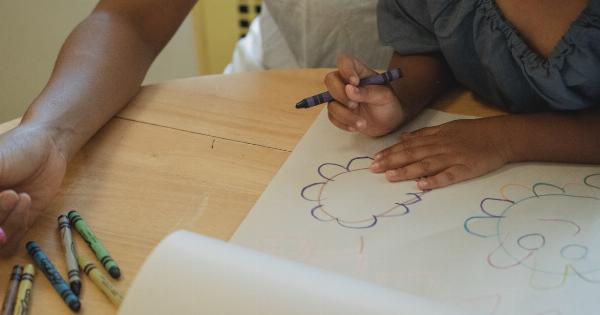As parents, we often find ourselves grappling with the question of whether our children are being truthful or not. It can sometimes be difficult to determine when a child is lying, as their lies can be quite convincing.
But why do children lie in the first place? And what can we do as parents to address this behavior effectively?.
The Development of Lying in Children
Lying is a complex behavior that begins to emerge in children around the age of 3. At this stage, children start to understand the concept of deception and realize that their thoughts can be hidden from others.
This newfound understanding, combined with their vivid imagination, can lead to the creation of elaborate stories and deceitful behavior.
Motivations for Lying
Children may lie for a variety of reasons, including avoiding punishment, seeking attention, asserting independence, or experimenting with boundaries.
It’s important for parents to remember that lying is a normal part of cognitive and social development, but addressing the underlying motivations can help discourage this behavior in the long run.
Recognizing the Signs of Lying
While it may not be possible to detect every lie, there are some common signs that may indicate a child is being deceptive. These signs include avoiding eye contact, fidgeting, inconsistent or vague answers, and a sudden change in behavior.
However, it’s crucial not to jump to conclusions based solely on these signs, as they can also be indicative of other emotions or experiences.
Effective Strategies for Addressing Lying
When dealing with a lying child, it’s important to approach the situation with empathy and understanding. Reacting with anger or punishment can often exacerbate the issue and create a negative cycle of lying. Instead, consider these strategies:.
1. Open Communication
Encourage open and honest communication with your child by creating a safe and non-judgmental environment. Let your child know that it’s okay to make mistakes and be truthful about their actions.
2. Modeling Honesty
Children learn by observing their parents and caregivers. Modeling honesty in your own behavior can have a significant impact on your child’s moral development. Be truthful in your words and actions, even in difficult situations.
3. Positive Reinforcement
Recognize and reward your child’s honesty. Positive reinforcement can be a powerful tool in shaping behavior. Celebrate their truthfulness and show appreciation for their courage in telling the truth.
4. Consequence and Accountability
While it’s important to avoid excessive punishment, children still need to understand the consequences of their actions. Create fair and reasonable consequences for lying and explain why they are being imposed.
Encourage accountability and reflection.
5. Teaching Empathy
Help your child develop empathy by discussing the impact of lying on others. Encourage them to consider how their actions might affect their relationships and the trust others place in them.
6. Encouraging Problem-solving
Teach your child alternative strategies for resolving conflicts or addressing difficult situations. Encourage problem-solving skills such as negotiation, compromise, and effective communication.
7. Seek Professional Help if Needed
If your child’s lying becomes persistent or significantly affects their relationships and daily functioning, it may be helpful to seek guidance from a child psychologist.
A professional can help identify underlying issues and provide appropriate interventions.
Building Trust and Nurturing Honesty
Building trust and nurturing honesty in children is a gradual process that requires patience and understanding.
It’s important to remember that occasional lies are a normal part of development, and it’s our role as parents to guide our children towards truthfulness. By employing these strategies and fostering open communication, we can encourage our children to become honest individuals who understand the value of trust and integrity.




























